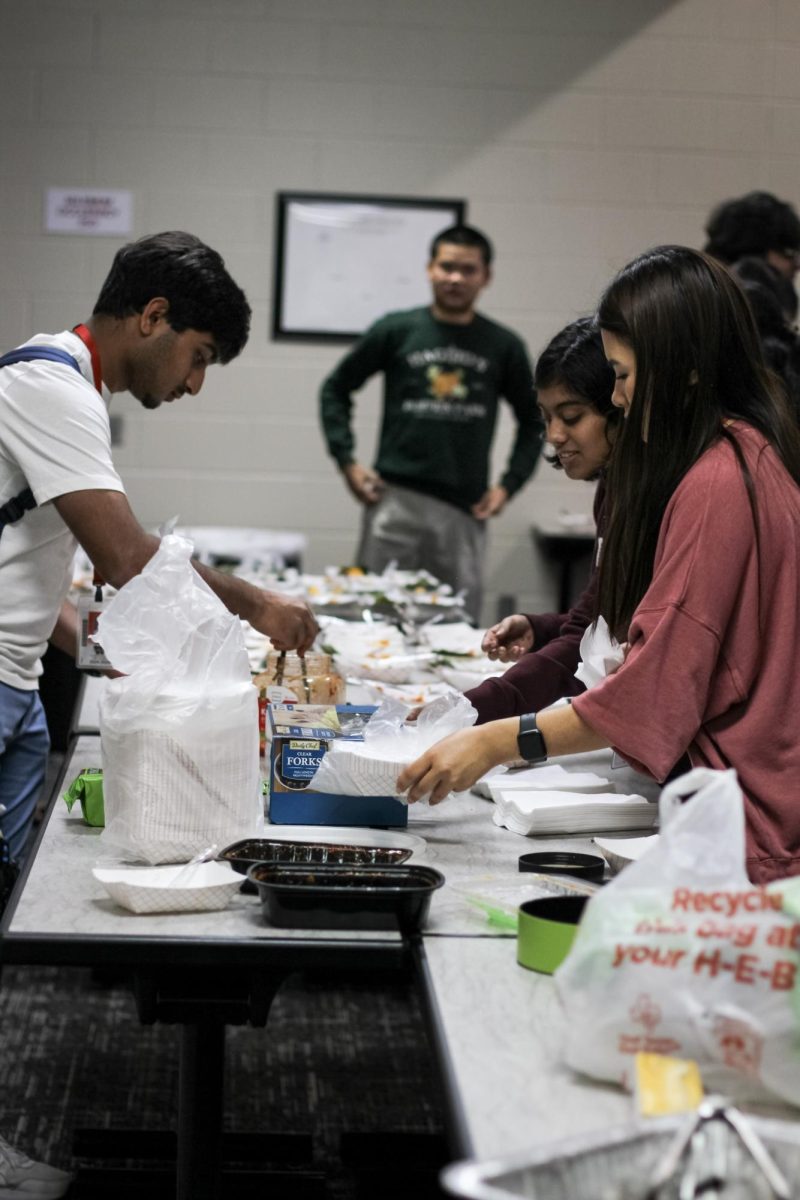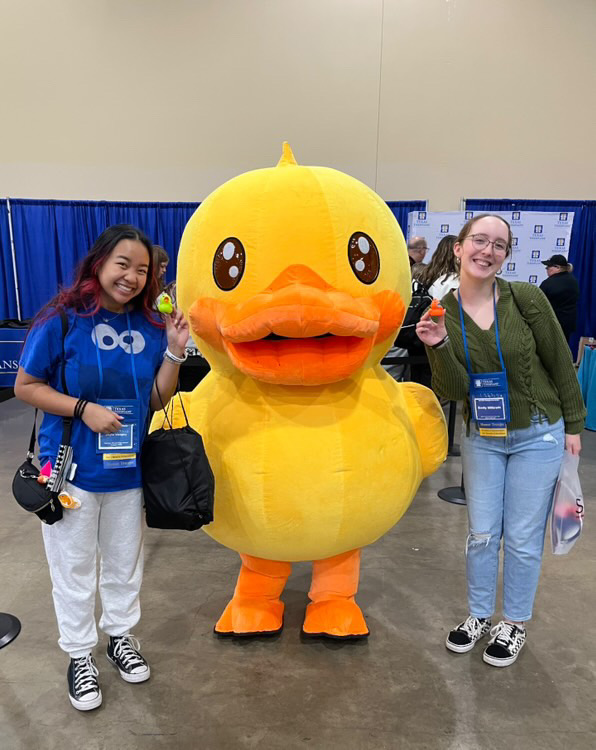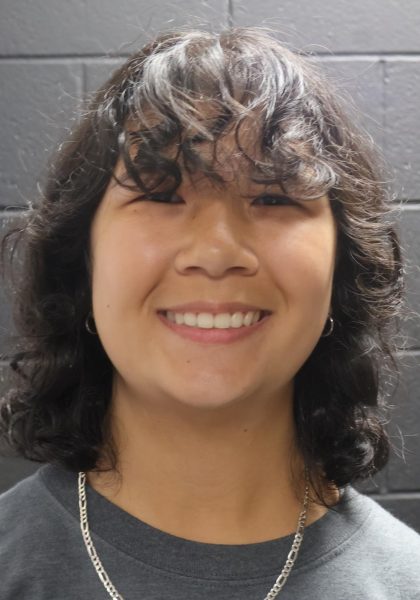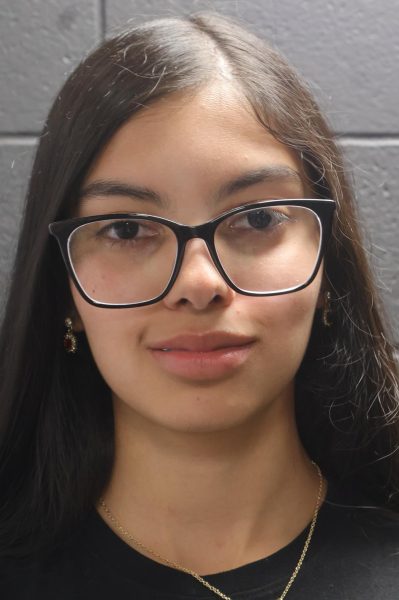As of Sept. 1, 2025, Senate Bill 12 went into action, affecting school districts all throughout Texas. The new Texas law establishes stronger parental consent on topics such as sex education and health, but additionally, DEI prohibitions. Because of the stronger prohibitions on DEI, restrictions are being put in place on clubs that deal with race, gender identity and sexual orientation.
At Cy Woods, there are a variety of clubs that mention these topics, such as the African Students Association (ASA), the Gay Straight Alliance (GSA), the Asian Pacific American Culture Club (APACC), the Female Students Association (FSA), the Desi Outreach Students Association (DOSA) and etc.
Districts around the state are interpreting the statement on DEI differently. However, the law specifically says “A school district or open-enrollment charter school may not authorize or sponsor a student club based on sexual orientation or gender identity. ”
Daniel Robinson, the teacher who sponsored the Gay-Straight Alliance last year, described the loss of the group as deeply harmful to the well-being of former members.
“I do believe students struggle with identity and belonging. Losing it is very negative,” Robinson said.
While he has not heard direct complaints, Robinson noted that members are attempting to restructure the club in a way that will comply with SB 12.
“It shows how much the club meant to the students by how they are trying to reform it in a way that will play by the rules,” he added.
The district itself has not offered alternative resources, leaving LGBTQ+ students with no formal space to gather. However, Robinson clarified that the decision was not a matter of the school’s choice.
“Policy is a senate bill, not a Cy Fair one. Our administration at Cy Woods is supportive,” Robinson said.
But without guidance or clear protections, both students and staff remain uncertain about what is allowed. For Robinson, the hardest part is knowing how important GSA was to its members, as the club used to be a place where they could come together and find acceptance in a relaxing environment without the fear of judgment. The meetings centered on support and community, rather than politics and polarization.
“The club was always about giving students a safe corner in a world that often isn’t as accepting,” Robinson said.
Clubs other than GSA that pertain to diversity have been cleared by the district. For example, members of the Female Student Association originally worried about the club’s future, but were quickly relieved to find out that no changes would be made.
“We had to fight for FSA a lot. We created new club ideas that didn’t focus on gender and we had at least three yearly agendas planned for three different ideas for clubs,” Jayla Vongsy, the president of FSA, said.
FSA is planning to have a future meeting about women in film and street art to see how they have impacted society.
Despite some clubs being removed and others not having to make any changes, SB 12 will continue to impact the overall student population and their extracurriculars.
“I think the bill focuses on the wrong things,” Vongsy said. “ I understand why certain rules are in place but it’s just frustrating for a lot of students who enjoy going to certain clubs.”






